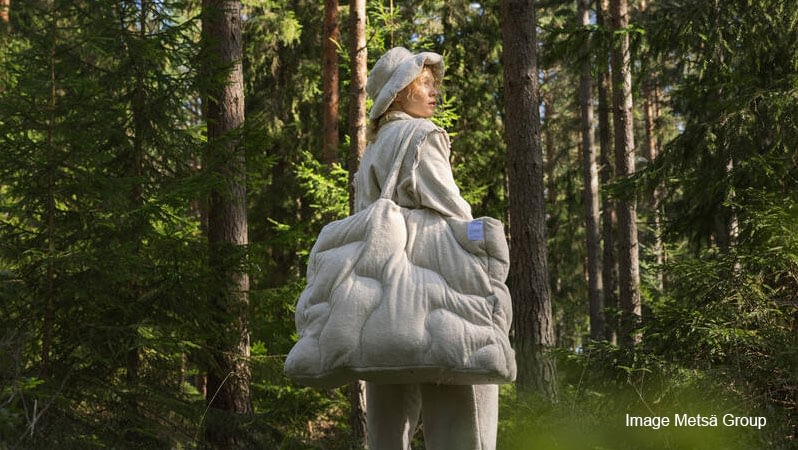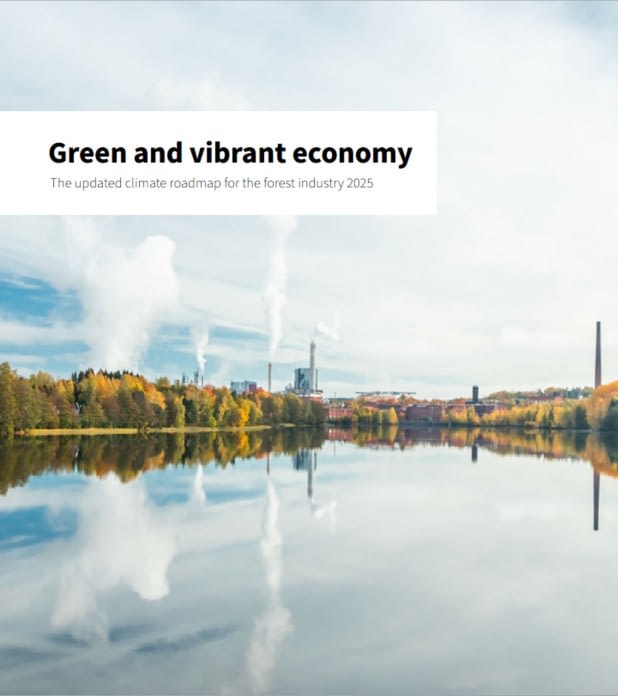As the parliamentary term draws to a close, so does the completion of the EU’s Eco-design Regulation for Sustainable Products (ESPR). ESPR aims to transition all products sold within the EU to adhere to circular design and manufacturing principles by 2030. The regulation excludes food and medicines. On Tuesday, April 23, the parliament voted in favor of the regulation with no further amendments proposed.
The Finnish Forest Industries Federation salutes the result of the eco-design regulation and the fact that the European Parliament kept renewability in the product parameters of the regulation. In addition to renewability, other criteria include energy and resource efficiency, recyclability, as well as carbon and environmental footprints.
Katriina Valkeapää, the Senior Adviser of Product Policy at the FFIF is content that the regulation moves the EU further away from fossil raw materials and towards the renewable ones. How the EU and its member states will implement the regulation in practice will be revealed later.
“The actual influence of the renewability as a product parameter will be concretized when defining the delegated acts specific to product groups. In general, the regulation should support utilisation of renewable raw materials in line with the principles of circular economy in all products”, says Valkeapää.
The FFIF continues to monitor the ESPR as the regulation advances towards final approval by the European Council.







